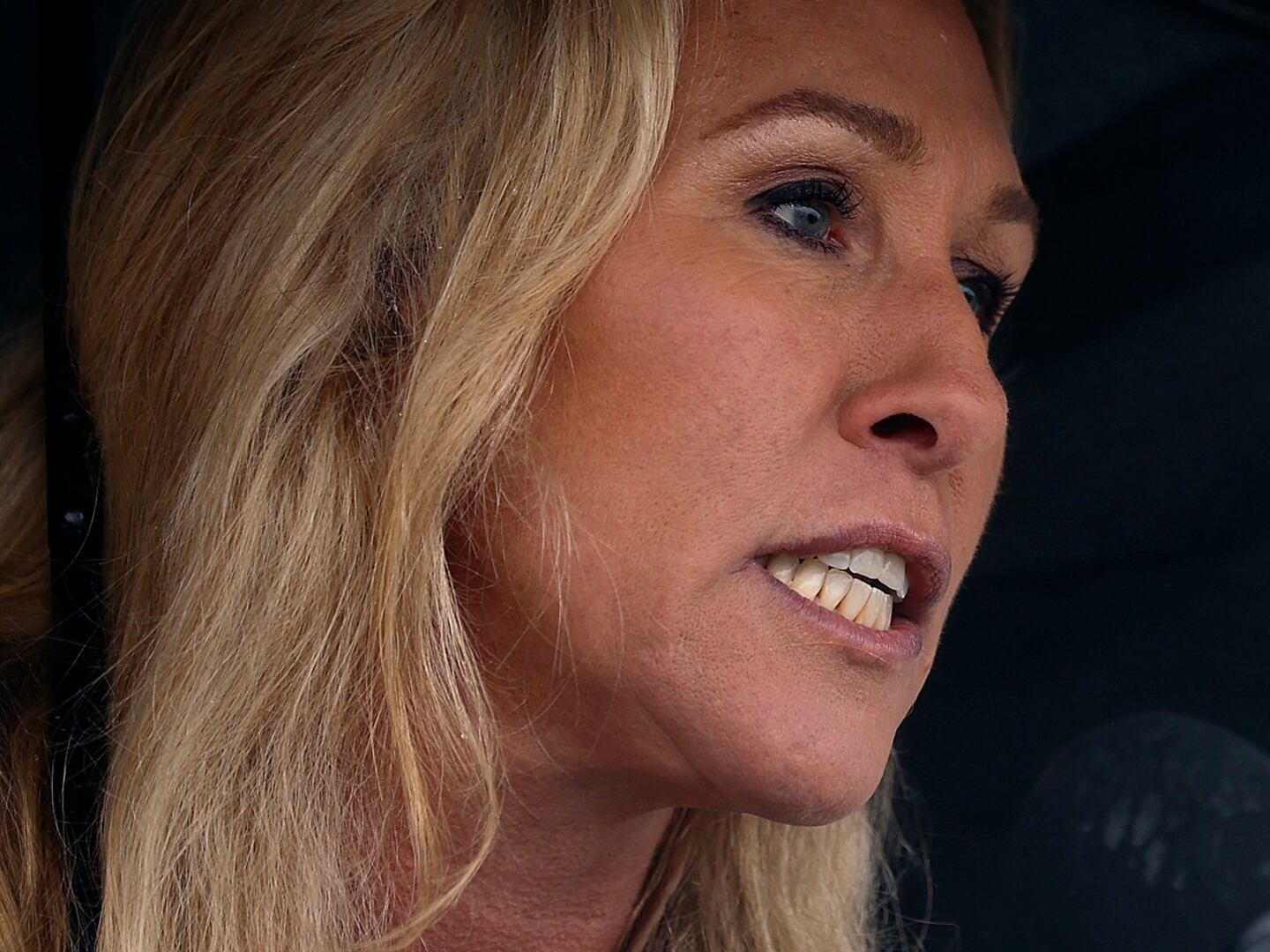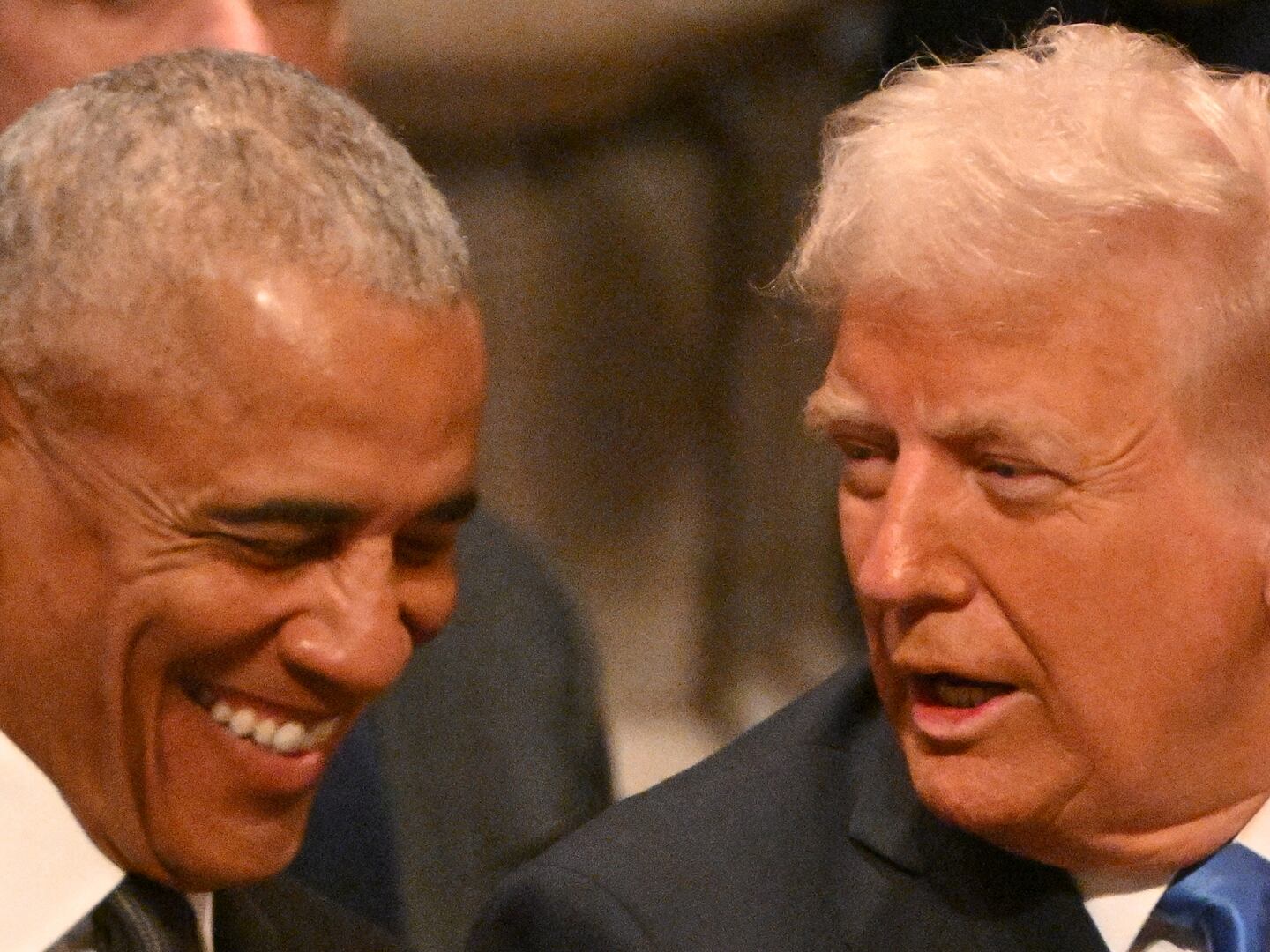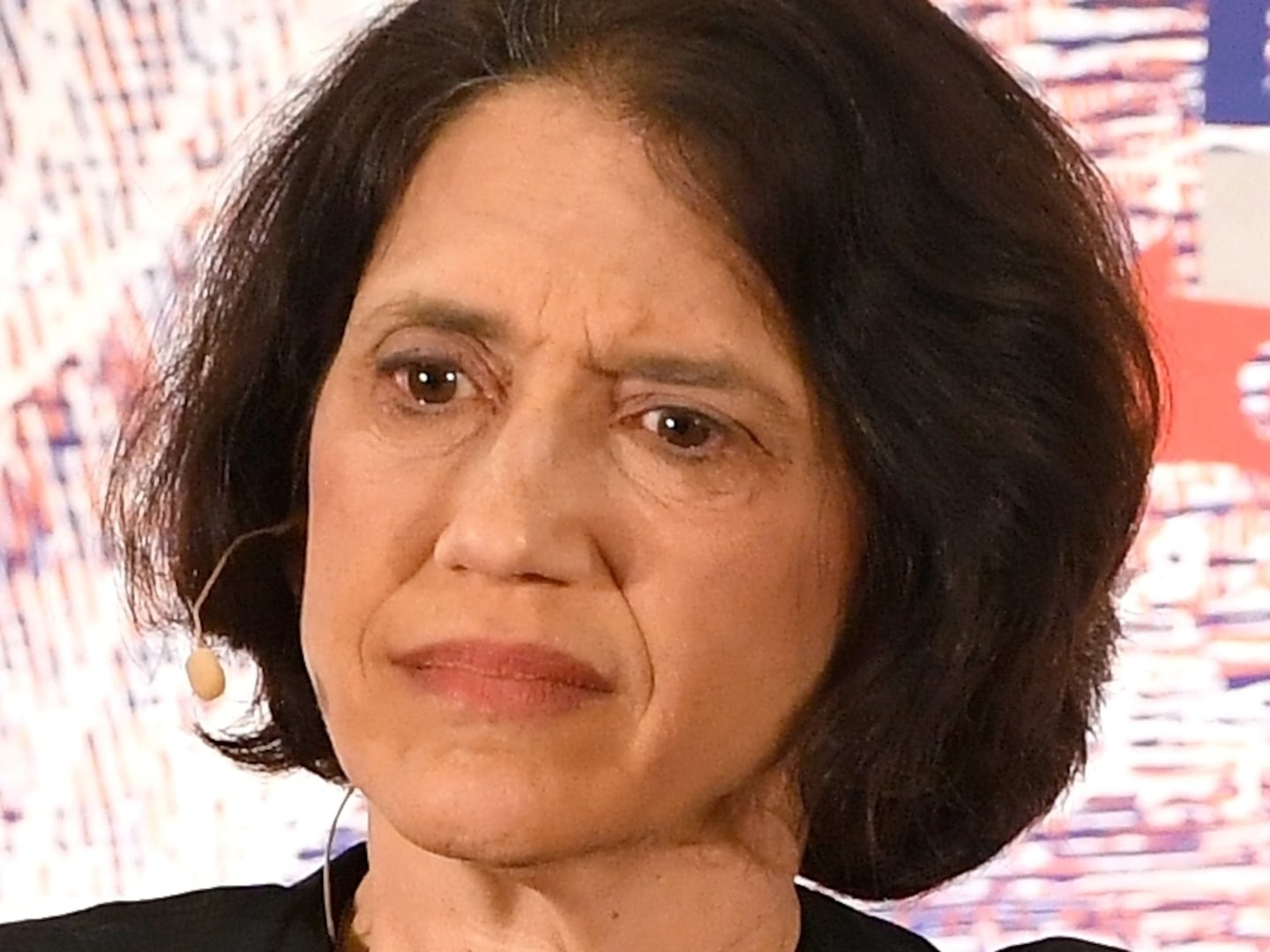Politics
Photo Illustration by Lyne Lucien/The Daily Beast
The ACLU’s Class on How to Resist President Trump
RESIST
The constitutional-rights organization is inaugurating an online meetup for tens of thousands of supporters. The topic: fighting for immigrant rights.

Trending Now





